US says rejected Haiti’s request amid suspicion of role in assassination
The United States says it rejected a request from Haiti's government to deploy troops in the Caribbean country after the assassination of President Jovenel Moise even as Washington is under suspicion for the involvement of two Americans.
Mathias Pierre, Haiti’s elections minister, said the request for US security assistance was raised in a conversation between interim Prime Minister Claude Joseph and US Secretary of State Antony Blinken on Wednesday but a senior US administration official later announced that there were "no plans to provide US military assistance at this time."
The request was for the US dispatch of troops to support the national police in re-establishing security and protecting key infrastructure across the country following Moise's assassination.
The 53-year-old Haitian president was killed in an armed attack at his private residence in the capital Port-au-Prince by a group of gunmen who spoke Spanish and English.
Moise’s wife was also wounded in the attack and taken to a hospital for treatment.
Police in Haiti said the assassination was carried out by a commando unit of 26 Colombian and two American mercenaries identified as James Solages and Joseph Vincent, both from Florida.
Seventeen of the men were captured, including the two American citizens, and three others were killed and eight remain at large, according to Haitian police.
The assassination opened up a political vacuum just as Moise and other civil leaders were preparing for elections and discussing revisions to Haiti’s constitution.
Moise, elected in 2016 with less than 600,000 votes out of a potential 6.1 million, was sworn in as president in 2017 and contended his term to be extended until 2022 despite calls from the opposition to step down.
Only a day before his death, Moise appointed a new prime minister, who was due to take office this week. Haiti is scheduled to hold presidential and legislative elections on September 26.
Russia blasts Haitian president's assassination
Russia slammed on Friday the targeted killing of the Haitian president, saying information about foreigners' involvement raises serious concern as it shows that external forces used “a purely internal conflict to their advantage.”
“We continue to monitor the course of the insolent, demonstrative murder of the president of Haiti,” Russian Foreign Ministry spokeswoman Maria Zakharova told a news conference in Moscow.
“During the investigation of this crime, the Haitian police detained more than two dozen suspects, most of whom turned out to be Colombian citizens. At least two of the attackers have US citizenship. This information causes serious concern, it shows that once again external forces are trying to use a purely internal conflict in their interests.”
Zakharova expressed hope that Haitian law enforcement would be able to bring to justice not only the perpetrators but also the mandators and accomplices of Moise's assassination.
A nation of 11 million, Haiti is the poorest country in the Americas with 4 million people living in hunger, widespread gang violence and armed groups controlling broad areas of the country including many neighborhoods in Haiti’s capital. It faces a COVID epidemic and has been racked with political instability.
The country has long been heavily influenced by foreign powers, particularly the US and France, which are widely believed to have installed the nation’s former dictators or pushed through presidential nominees in national elections.
Hezbollah attacks Israeli forces after Lebanese homes blown up
World leaders, states hail ICC arrest warrants for Netanyahu, Gallant
MP: US accountable for possible Israeli 'foolishness' to attack Iraq
VIDEO | Israeli policies strangle Palestinian agriculture, economy
Iran's president offers condolences to Pakistan over terrorist attack
Canada’s Yukon town council at standstill over refusing oath to King Charles
Yemen's Houthi calls for jihad to protect Palestine against Israel
VIDEO | Internal rifts within Israel


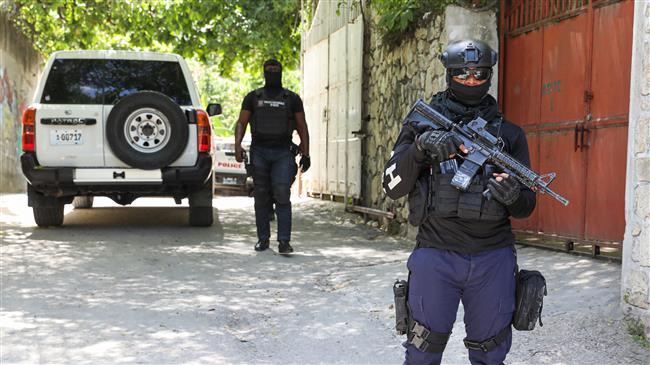
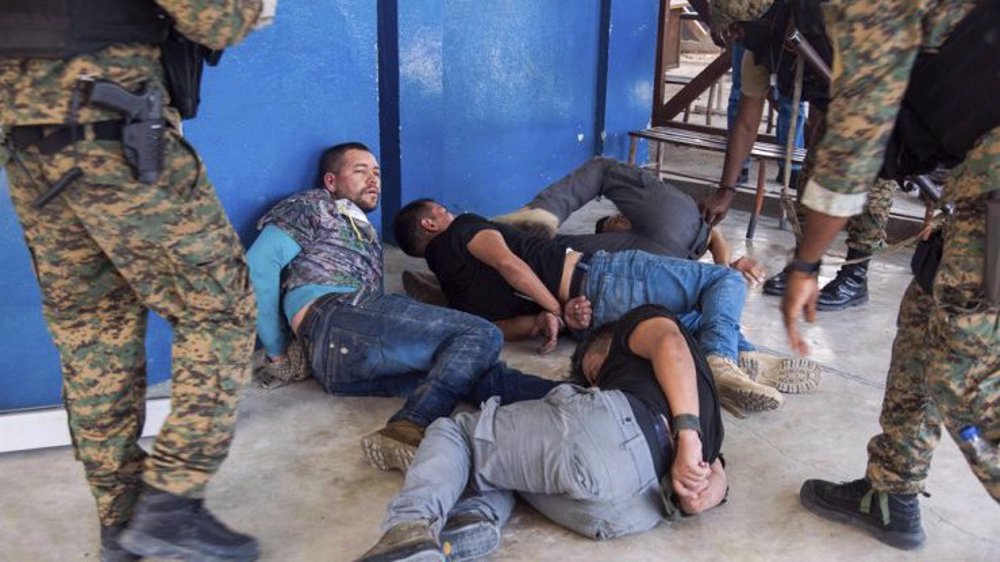
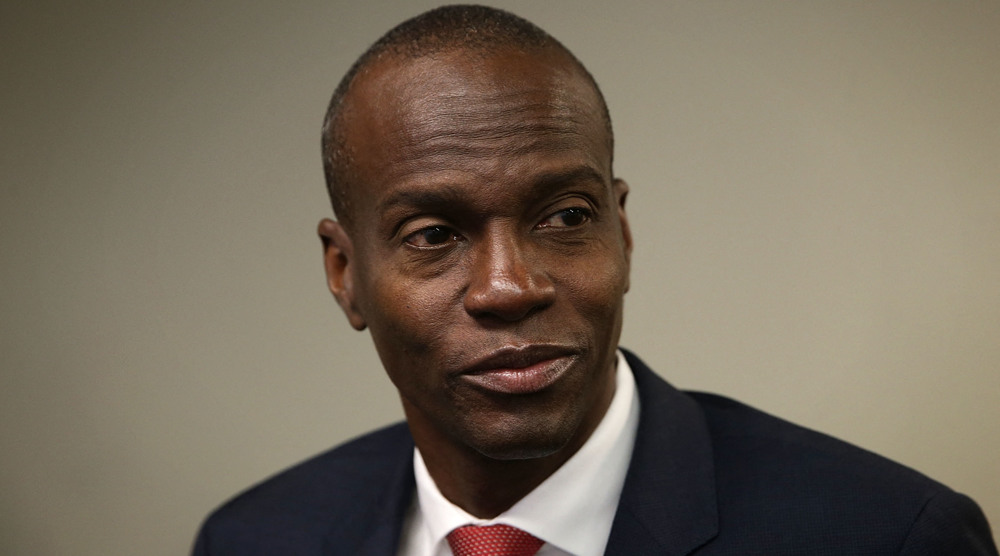
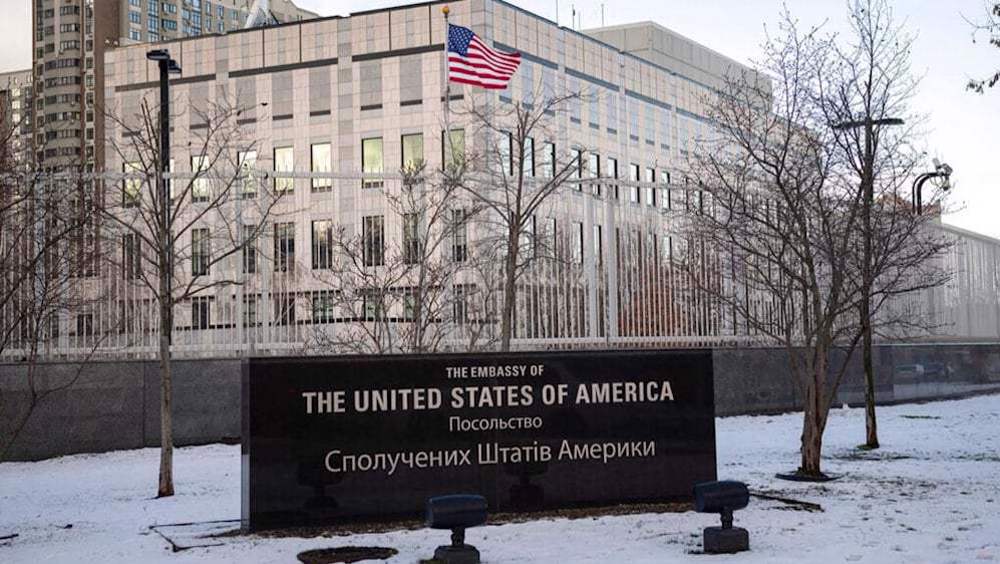
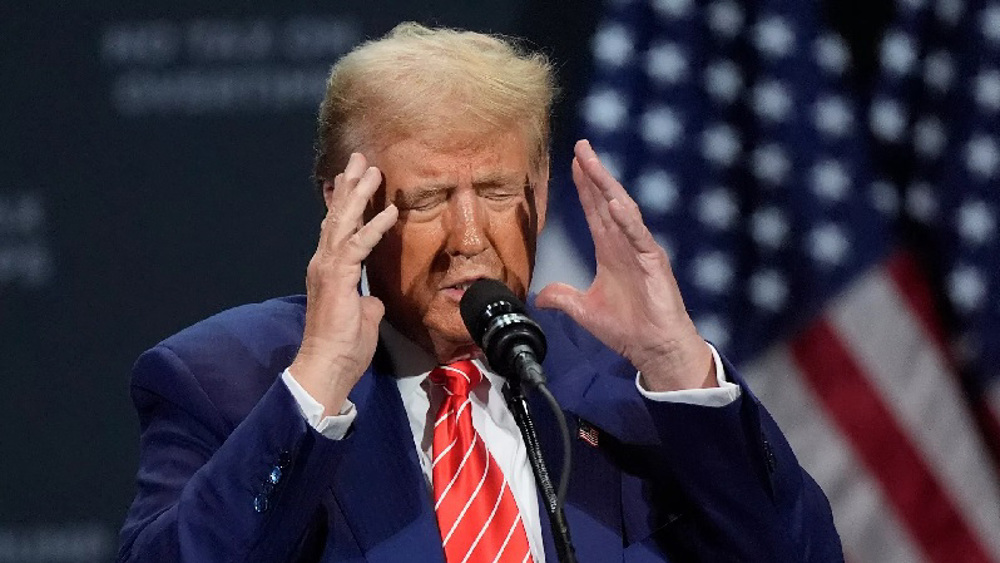
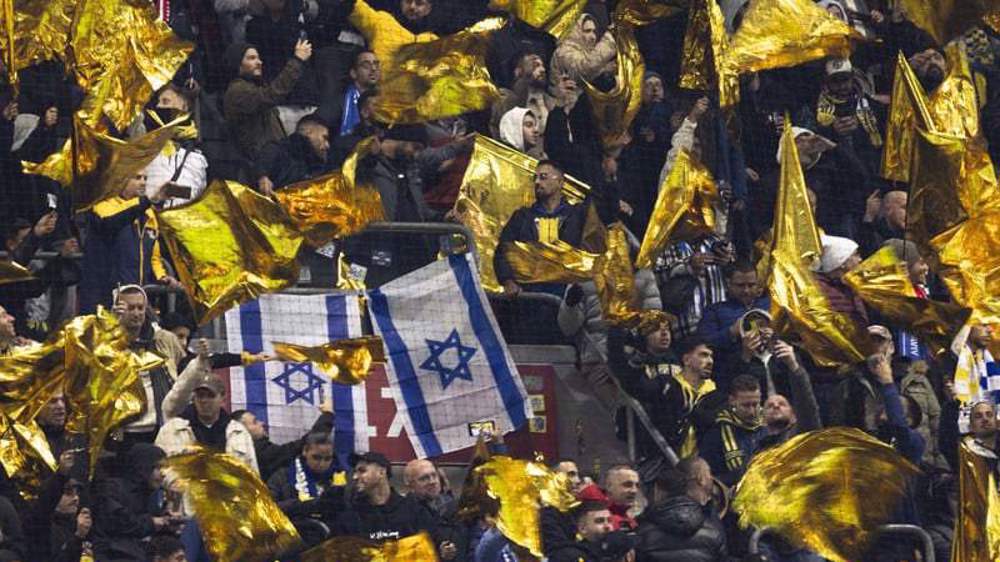




 This makes it easy to access the Press TV website
This makes it easy to access the Press TV website